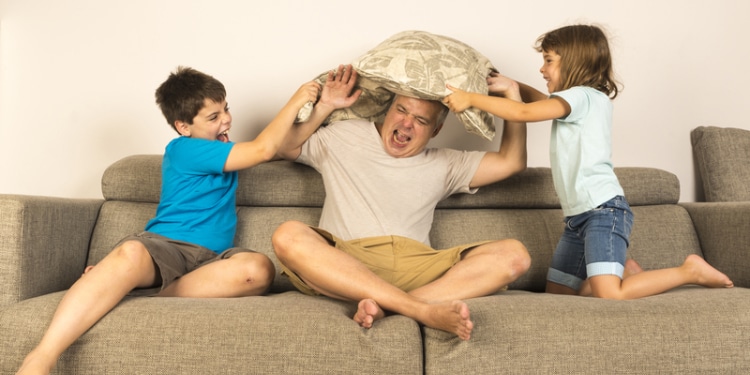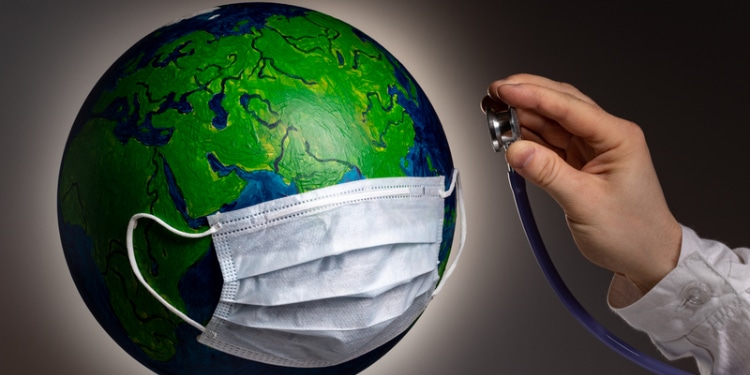









COVID-19 has swept through the country and uprooted a feeling of normalcy for nearly everyone. Globally, the efforts to contain the unpredictable pandemic have led to social distancing, isolation, and quarantine to help reduce the spread. For those in the LGBTQ community, these safety requirements have led to additional pressures in the face of already unprecedented times. Those who identify as LGBTQ may find that forced isolation has led them to experience further loneliness and depression.

For others, being quarantined amid close quarters with family members who may disapprove or find conflict based on your identity, could mean extra stress and discomfort. But whether you find yourself separated from your supportive friends and loved ones or are struggling with a less than ideal living situation due to COVID-19 restrictions, there are ways to effectively cope with and handle your stress and anxiety.
It’s important to recognize that feeling anxious or stressed is a completely normal response to the world’s current events. People are managing the crisis in a variety of ways and with a wide range of reactions. These emotions include restlessness, anger or resentment, anxiety, fear, stress, sadness, and depression. These feelings might be related to your health in addition to worrying about the wellbeing of family, friends, and loved ones. It is a lot to mentally take on, particularly if you are also feeling anxious about your financial stability and feeling a sense of hopelessness or depression due to a change in routine or social activity.
LGBTQ individuals who may have been on the road to recovering from substance abuse or escaping from an abusive relationship, might feel derailed by the coronavirus. Many already in unstable housing or homelessness may feel the crisis will interrupt their situations even more. Those who have developing symptoms may fear their housing opportunities are in jeopardy, too. But it is possible to manage all of these intense emotions no matter what situation you currently find yourself in.
By understanding that COVID-19 has disrupted the lives of many, it is important to remember to be kind to yourself and your own emotions. Do not be judgmental of yourself or your reactions and allow yourself to feel your emotions completely. To do this, it may mean disconnecting from social media, the news, and turning off all screens in an effort to center yourself. It may also mean connecting more with people you can trust at a safe social distance. Video calls and online meetings are especially helpful during this time.
Overcome fear and decrease anxiety by educating yourself. Learning as much as you can about COVID-19, how to keep you and others safe, and take care of your unique circumstances is key. Looking locally for resources to help you know your rights and educating yourself on health care options can help ease fears. Remain calm and grounded by working out, going for a walk outside, meditating, and being creative. Alternate these activities to find what works for you to stay hopeful, inspired, and keep your mind occupied.
Even if you find yourself unemployed or underemployed, be sure to maintain a schedule. Go to bed and wake up at the same time every day to ensure you have a healthy routine. Too much sleep or not enough sleep can lead to depression and waning mental health.
Although it’s hard to imagine, this will pass. The pandemic will not be here forever, and things will eventually get better. The human mind was not built to maintain intense negative emotions. If there is one thing that is predictable in this unpredictable time, it is that these emotions will diminish. But there is no reason that have to suffer through these intense and unmanageable emotions on your own. If you find that your current level of stress and anxiety feel much greater than you can personally handle, it is time to get help.